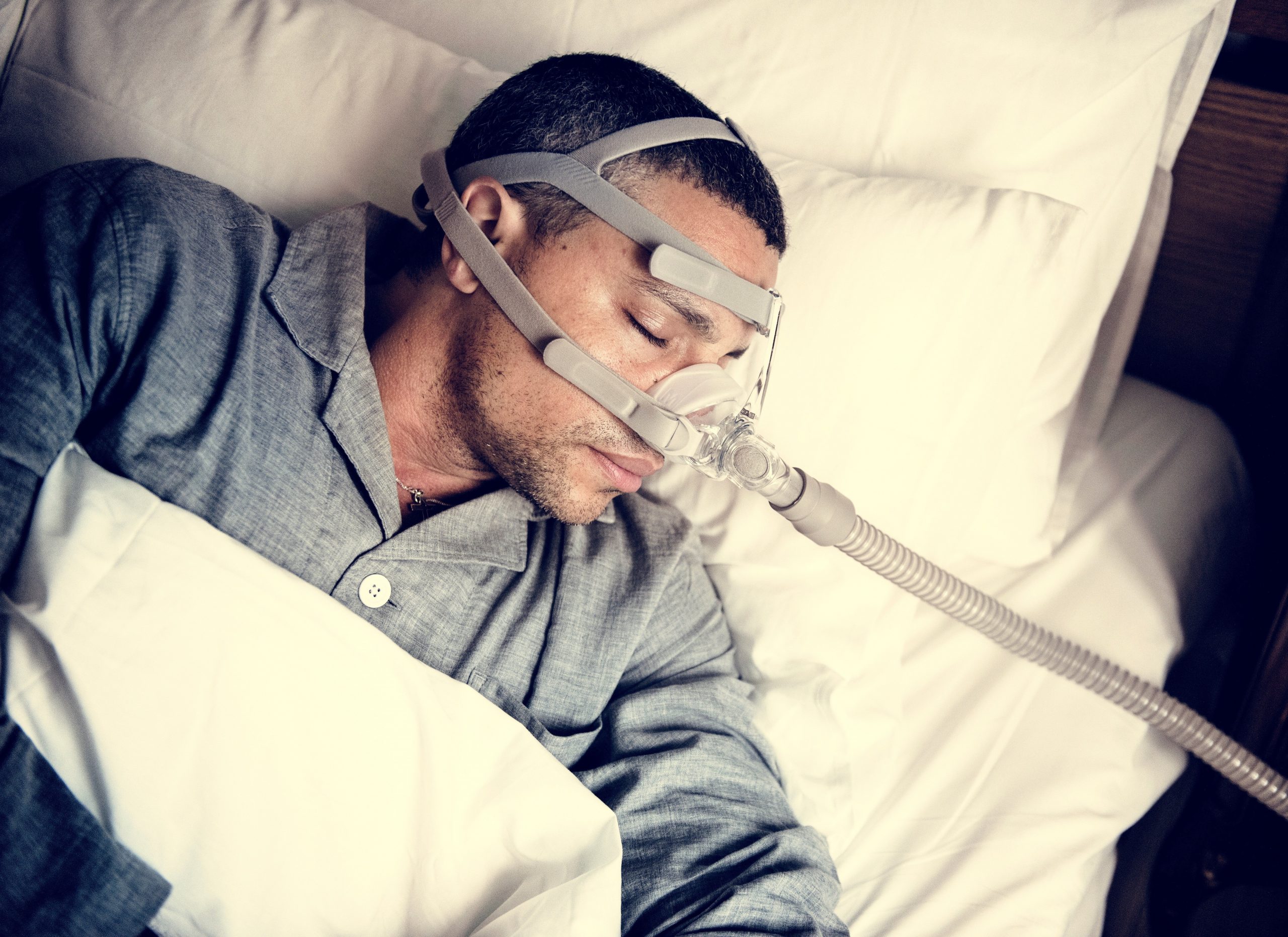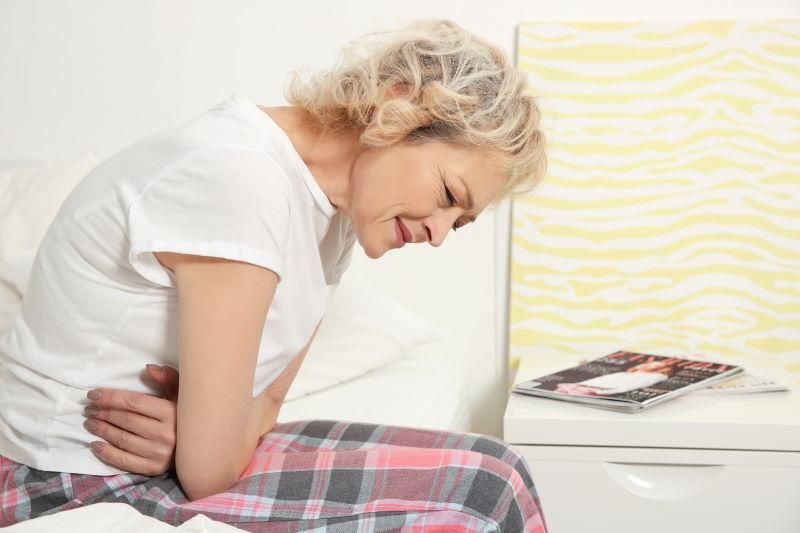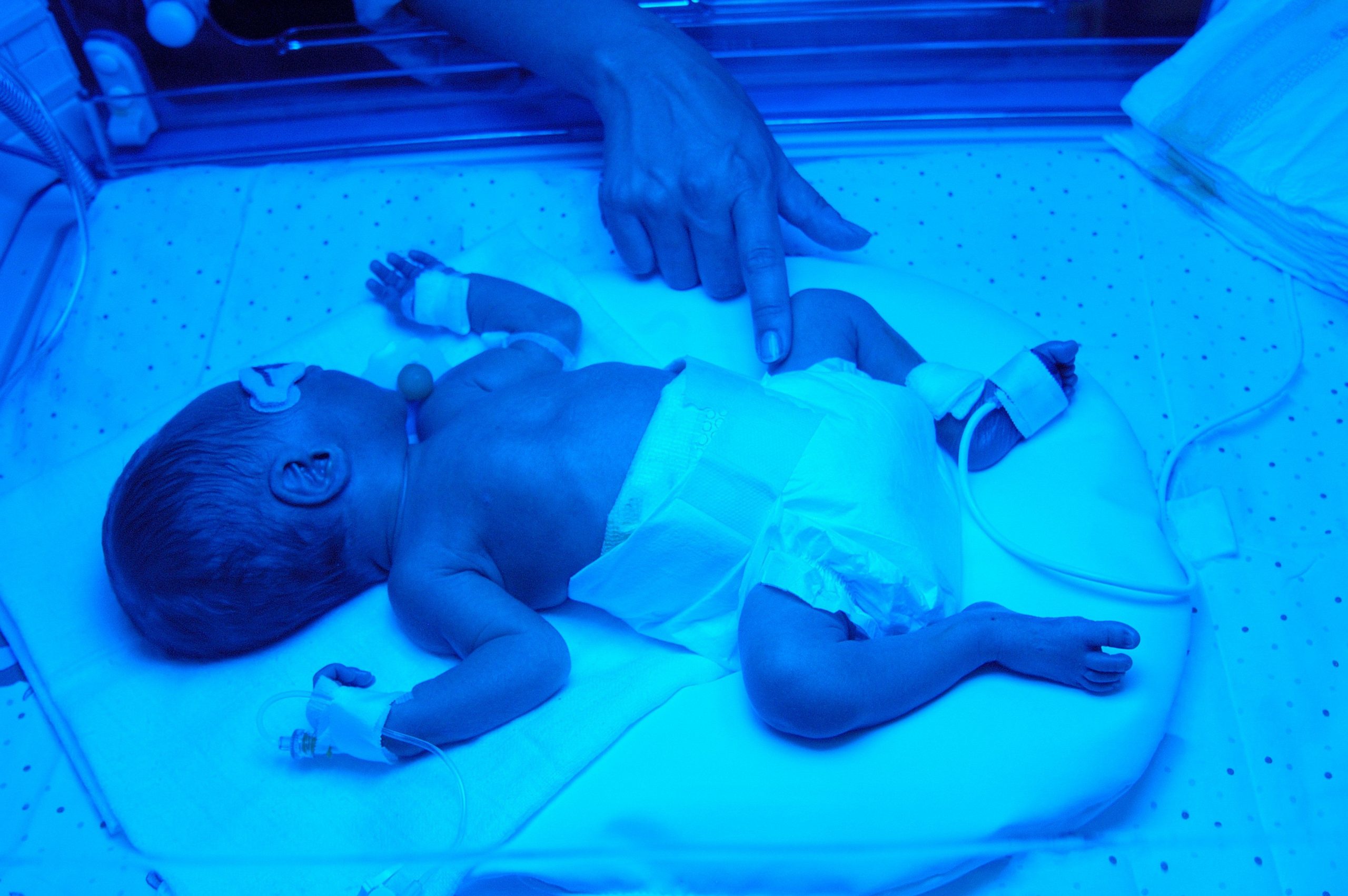
The U.S. Food and Drug Administration has issued another warning about certain sleep apnea machines made by Philips Respironics. Already the subject of a 2021 recall, some of the company’s repaired continuous positive airway pressure (CPAP) machines may still be dangerous to use, the agency said in an alert issued Friday. “The FDA has identified… read on > read on >






























